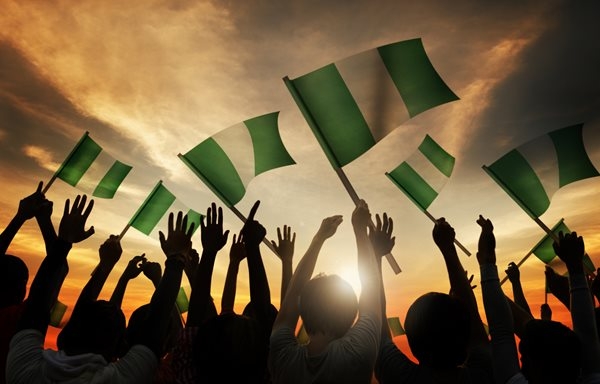
I am persuaded that my academic friends, Drs. Habib Yakoob, and Ahmed Bedu, will help in deconstructing the grammatical nuances of the title of this piece. Since the separatist discourse gained traction, I have dilly-dallied on the very sensitive issue given the misconstruing that is bound to arise from any intervention, however, objective.
Advertisement
As a people, we are given to the banal, pedestrian and simplistic. We shy away from critically interrogating the facts, we indulge in labels in its stark derogatory form, we are wont to pretend in the abysmal sense of pretension, and above all, we wish that in being politically correct, all our fault lines will simply correct themselves or vanish into oblivion. How wrong!
Our love for spiteful labels blinded us to thoroughly excoriate Femi Adesina, President Muhammadu Buhari’s Special Adviser on Media for the unwholesome and grammatically deficient tag of “Wailing Wailers.” It is a constitutional guarantee for the citizen to hold an opinion, demand accountability and transparency, especially from a regime that lays claim to Change; a regime that promised to denude itself of the malfeasance of the past. So when we became blindsided to the contemptible nature of the “wailing wailer” tag, and others responded with the “hailing hailer” sobriquet it reinforces the fact that it is “We Are Who We Are.”
Society is a constant pendulum, therefore, one should not be too surprised that ours is on a ferocious swing with no consistency in the values that define progressive climes. Imagine, only a few years ago, some of us were ready to demand the head of Emir Mohammed Sanusi, then as Central Bank of Nigeria’s governor on a platter for his attempt to seek for greater transparency in the affairs of the oil behemoth called NNPC. We went hysterical, we brayed and clawed for “his seeming temerity” and effrontery to become an activist governor, when others before him were conservative, seen but not heard.
As a section thundered their angst, those on the “other side” clapped, engaged in terrifying ululations and egged Sanusi on. Alas, a few years down, the emir brought his activism to “their” fort but it was a mortal error, an unbelievable heresy to seek for the upturning of the old order. It was a curious sight to see those, like we say in the new Nigerian parlance, who had stood by the emir in his titanic encounter with the Jonathan Presidency, “jumping upandan” like monkeys on a swing. As they turned on Sanusi, those “on the other side” clapped and sent him on with encouragement in demystifying what they consider archaic and a drawback to our development. It is simply “We Are Who We Are.”
Advertisement
To the ongoing agitations; go to your homeland, we want our own republic, and other such war cry for the spoils that Nigeria has become, WE Are Who We Are. Everyone is seeking for the greater advantage out of the Nigerian enterprise because we have failed to look at the country as an enterprise where the worker’s wage is commensurate with his labour.
We abhor healthy conversation and dialogue, we are adversarial to opinions and suggestions other than ours. It is simply, We Are Who We Are.
History has shown amply that sitting across the table to talk, to negotiate, to bargain, to look each other in the eye and espouse some “bitter, hard truths” is the panacea to strife and war. Can we for a moment desist from being Who We Are?


